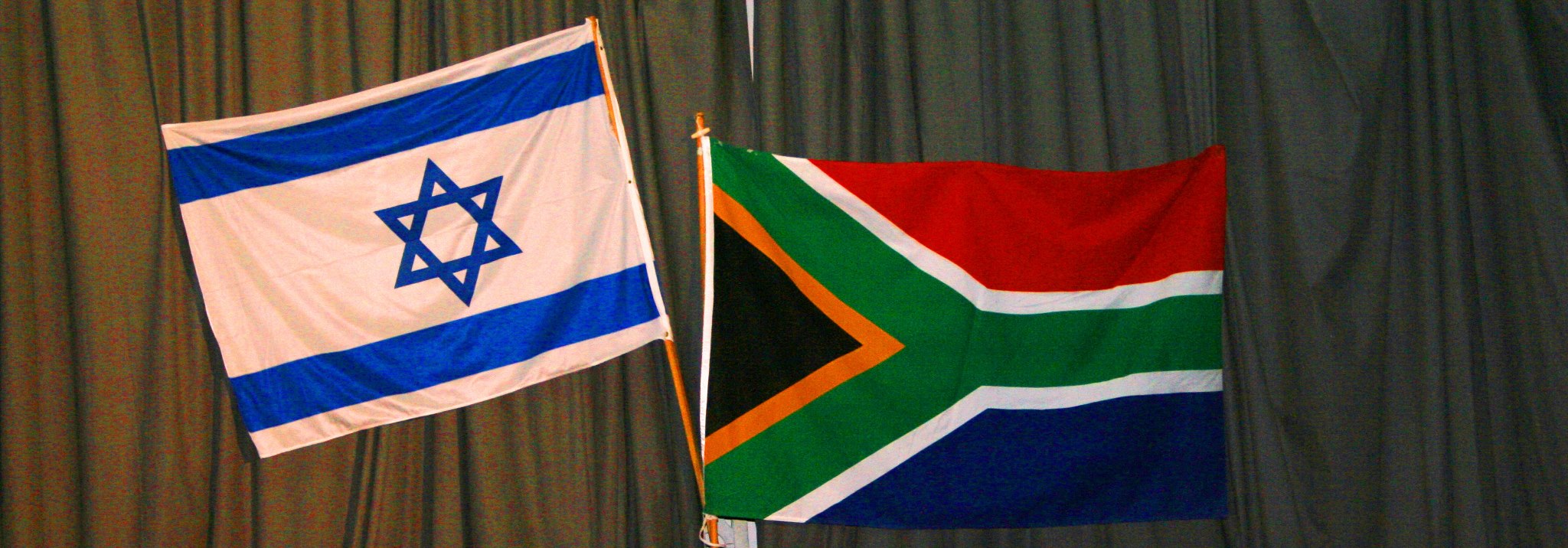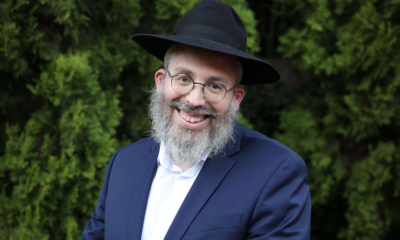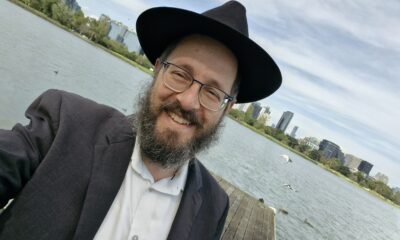
Featured Item

Unsettled but not unsafe – Israelis in SA
Living in a country that has gone out of its way to oppose their birthplace has left many Israelis in South Africa uneasy. Yet though they may question their future here, those we spoke to still feel at home in South Africa, especially within the Jewish community.
“I don’t mind that the government is talking in the Palestinians’ favour, but I’m angry that they’re siding with Hamas at The Hague and calling what we do ‘apartheid’ or ‘genocide’,” says Dovid Eyal*. “It makes me want to explain, and become more involved but maybe it’s better that I don’t as I don’t think it will make a difference.”
Eyal and his family have lived in South Africa since 2020, when he was promoted to a position at his company’s head office. Prior to that, they were based in Zambia for three and a half years.
“Though we’re not religious, we decided from the get-go to take our kids to a Jewish school,” he says. “The majority of our friends here are from the close Israeli and Jewish community. We feel at home here, especially on Fridays when you go to KosherWorld or the Sandringham Strip and it’s almost like being in Tel Aviv.”
Yet after 7 October, things became less rosy. “I lost some good friends in the attacks, so it was personal to me,” Eyal says. “I was also in military service for 14 years before I joined the corporate world.” In the days and weeks following the massacre, he says he felt embraced by friends, colleagues, and the community.
“But then, Sandton started to fill up with people with Palestinian flags,” he recalls. “I knew about the connections that Hamas and the Palestinians had in South Africa, but when Hamas publicly thanked the African National Congress (ANC) and South Africa for their support just days after the attacks, I needed to take a breath to calm myself down,” he says.
“Yet, I don’t feel threatened. Even when a policeman stops you, looks at your license, and says, ‘You’re Israeli? What about the Palestinians?’ It’s not threatening.” However, Eyal says he and his wife faced clear anti-Israel sentiment when they tried to sign their kids up for horse-riding lessons. “The lady in charge asked where we were from. When I said Israel, she just said, ‘Oh.’ I asked if something was wrong and she said no, but afterwards she didn’t answer our calls.”
Eyal admits the fact that his taxes are going to a government that opposes his nationality annoys him, and he says he’s thinking about his future here. “I don’t know if I’ll take action, but the fact that I don’t have an embassy here; that government officials aren’t talking to each other; that they closed EL AL, even though it was for business reasons; knowing that it’s not yet the end of story at the ICJ [International Court of Justice]; and that Israel may respond in some way to South Africa, makes me a bit edgy.” Yet the strength of the community and the country’s commercial and private sector remain positive, he says.
Having moved from Israel with her parents at the age of 11, Shirley Raz* has spent most of her life living in South Africa. “My mom and my brother moved back to Israel a few years ago, and I decided to stay here to finish my studies. Then I met my husband which delayed my departure.”
She loves the Jewish community, and says the way its members rely on one another is amazing. “You don’t get these things in Israel, maybe in the kibbutzim and moshavim, but in the city you certainly don’t.”
Since having kids here, Raz says South Africa has increasingly felt like home. Yet, though she hasn’t been directly affected by the South African government’s actions since 7 October, they have unsettled her. “ I’m not a South African citizen, so with no Israeli embassy here I don’t know where to turn should I need anything. It’s concerning,” she says.
With most of her family in Israel, Raz has always wanted to go back to the country, but the move hasn’t been imminent until now. “I recently told my husband that I don’t know how much longer I can be here, especially if things don’t change quickly. It’s not necessarily just an Israeli thing, a lot of Jewish people are feeling this. When you have kids, you start thinking more about where you are and what you’re doing here.”
Having a brother who has served in the army also makes it upsetting to hear words like ‘murderers’ being used to refer to soldiers, she says, especially when you know that’s how our government thinks. But Raz says she doesn’t feel like a victim or like she doesn’t belong.
Having joined a friend to travel through South Africa in 1974 after completing his army service in Israel, Elan Avinir, now almost 70, says he’s always had a fascination with Africa. “My friend left a few months later, but I met my first wife and stayed. I felt at home here. There was a big Israeli community in Johannesburg and I had many friends.”
He says the ANC’s attitude towards Israel doesn’t affect the general sentiment of South Africans. “Lots of them tell me about their support of Israel, and I think it’s more a question of birds of a feather with the ANC, which is trying to stay relevant as it loses support. I haven’t experienced any anti-Israeli sentiment in my everyday life, and I don’t feel vulnerable.”
That being said, Avinir says three of his five children have left South Africa to live in Israel and England, and “the others probably will leave because of a failed-state situation”. Considering his age, Avinir says he’s likely to stay unless things become unbearable. “As a pensioner, I don’t have many choices. I still love the country, and hope that more capable people will govern it in the future.”
*Not their real name.










